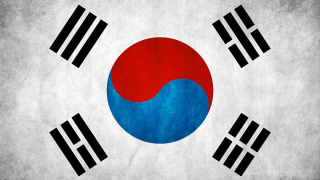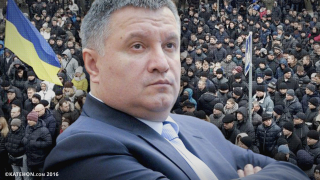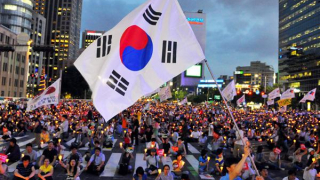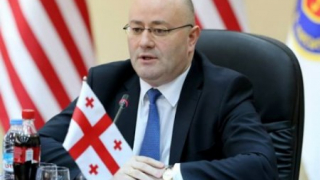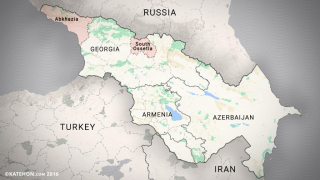Georgia: Recent events and the 3+3 Platform
The presidential election was held in Georgia and boycotted by the opposition. The ruling Georgian Dream Party’s candidate, former footballer and MP Mikheil Kavelashvili, won the election. Pro-Western activists protested against the election results. For weeks, protests against the government have continued across the country. The protests were initially sparked when the government decided to suspend EU accession negotiations until the end of 2028. Tensions during the demonstrations occasionally escalate, with activists clashing with police. Protesters, in line with the European Parliament’s call, are demanding a rerun of the elections.
UWI author, historian and political scientist Associate Professor Mehmet Perinçek shared his evaluation on the turbulent days of Georgia.
The primary goal of the US and globalists is to seize the energy routes and resources in Central Asia. To achieve this, they need to ‘persuade’ the key states in the region to accept their plan. These countries -Türkiye, China, Russia and Iran- are rooted in deep state traditions, possess strong armies and economic potential. To encircle these countries, the US and globalists are attempting to establish various bases and springboards around them. They aim to surround these countries through collaborationist governments. In this context, the South Caucasus carries strategic importance as a platform to encircle Russia, Türkiye and Iran, and also to advance toward Central Asia.
Once again “Velvet Revolution”
In Georgia, the US has kept its collaborative governments in power almost since the dissolution of the Soviet Union. After the initial breakup, the Shevardnadze governments followed a distinctly pro-American path. However, with their decline, the Saakashvili administration came to power through what they called the “Velvet Revolution”, which in fact was a color revolution. Following Saakashvili, governments continued to align with the West to stay in power.
Georgia’s law on “Transparency of Foreign Influence” and confronting the US
Desired one: Fully dependent on the US
However, with the start of Russia’s operations in Ukraine, Georgia was compelled to insist on its sovereignty to sustain its own existence. What does this mean? Georgia refused to comply with sanctions on Russia and did not allow US interference in its internal affairs, even though the government in power was not anti-American. In fact, it was relatively pro-Western, leaning more toward the West than Eurasia. The US has made clear that it will support governments like Zelensky’s or Saakashvili’s, fully and unequivocally dependent on it. Moreover, the US has also shown that it will seek to overthrow even mildly resistant governments that dare to object on certain issues. That’s how and why the US has launched another attempt for “orange revolution” against Georgia’s ruling government.
Biden’s last moves before leaving office
The approval for Ukraine to use the missiles provided by the US against targets deep inside Russia, the developments in Syria, Romania Georgia, all of these are interconnected: Biden tries to further inflame and deepen polarization in the region. The aim is to create such a chaotic environment that Trump will hesitate to take steps to end the conflicts.
The developments in Georgia do not concern only Russia. This is not just a plan to encircle Russia; it is also part of a larger strategy to encircle Türkiye and Azerbaijan. Azerbaijan too is one of the “unwanted”, “demonized” countries by the Western bloc. Similar attempts were also made in Azerbaijan but failed.
Georgia and Armenia opened their doors to the West and got chaos
The Foreign Influence Law
The US has been “investing” in Georgia for a very long time. The first “color revolution” attempts, carried out through NGOs and Soros-backed organizations, were successful there. The US Embassy has been actively engaged in extensive recruitment activities. So, the “operations” of Soros-linked, pro-Western organizations have deep roots in Georgia. The law recently enacted in Georgia, the “Foreign Influence Law”, is significant in this regard. It is the first step in breaking their influence.
However, this does not mean that the law will yield immediate results the very next day. Various provocations and protests will be incited in response. The Foreign Influence Law is designed to eradicate such activities at their core. In the medium to long term, this law will uproot these movements and their centers of power in Georgia.
The 3+3 Platform
Meanwhile Georgia should join regional initiatives. Georgia’s participation in the 3+3 South Caucasus platform (Russia, Türkiye, Iran, Azerbaijan, Armenia and Georgia) was important. By aligning itself with the regional countries within this platform, Georgia can withstand US aggression more effectively. Georgia cannot confront the US alone. Georgia should cancel the decision to stay out of the 3+3 Platform as soon as possible.



